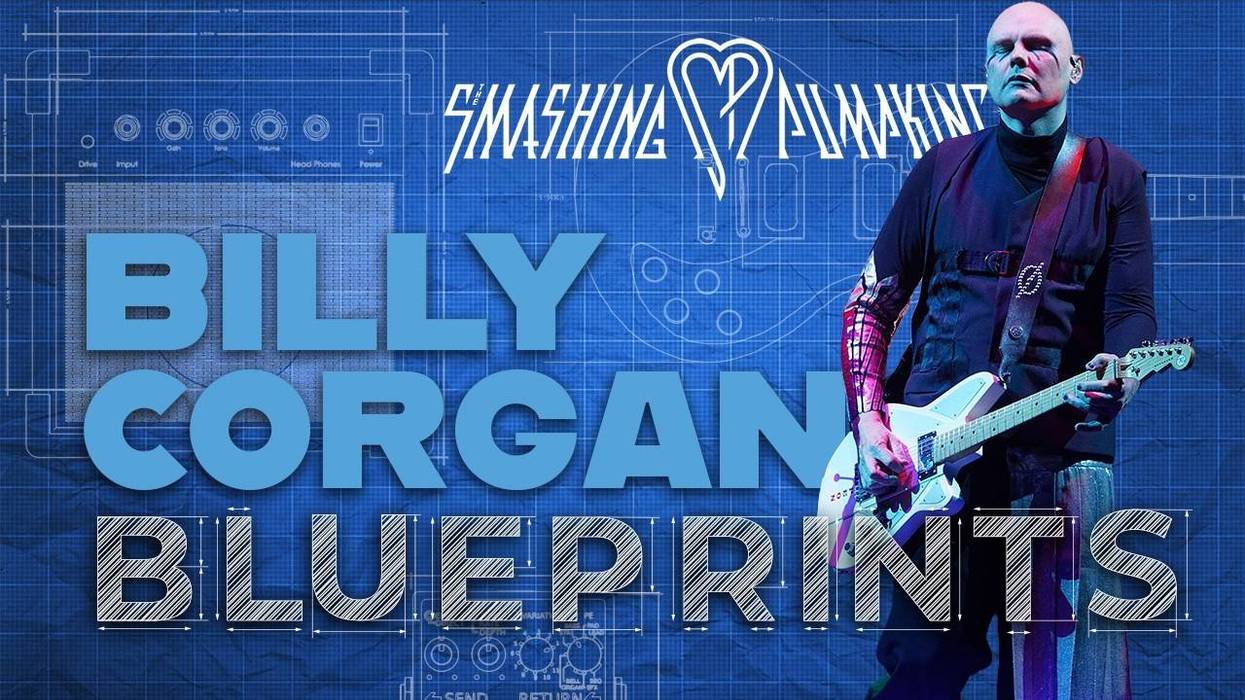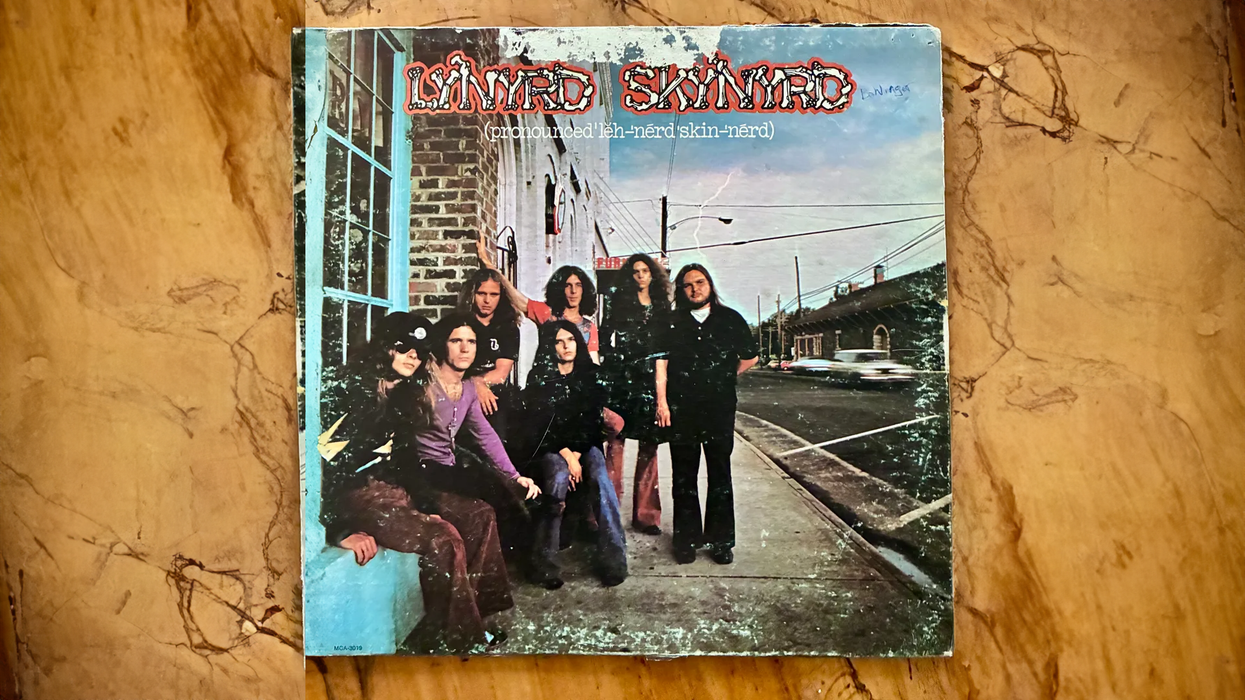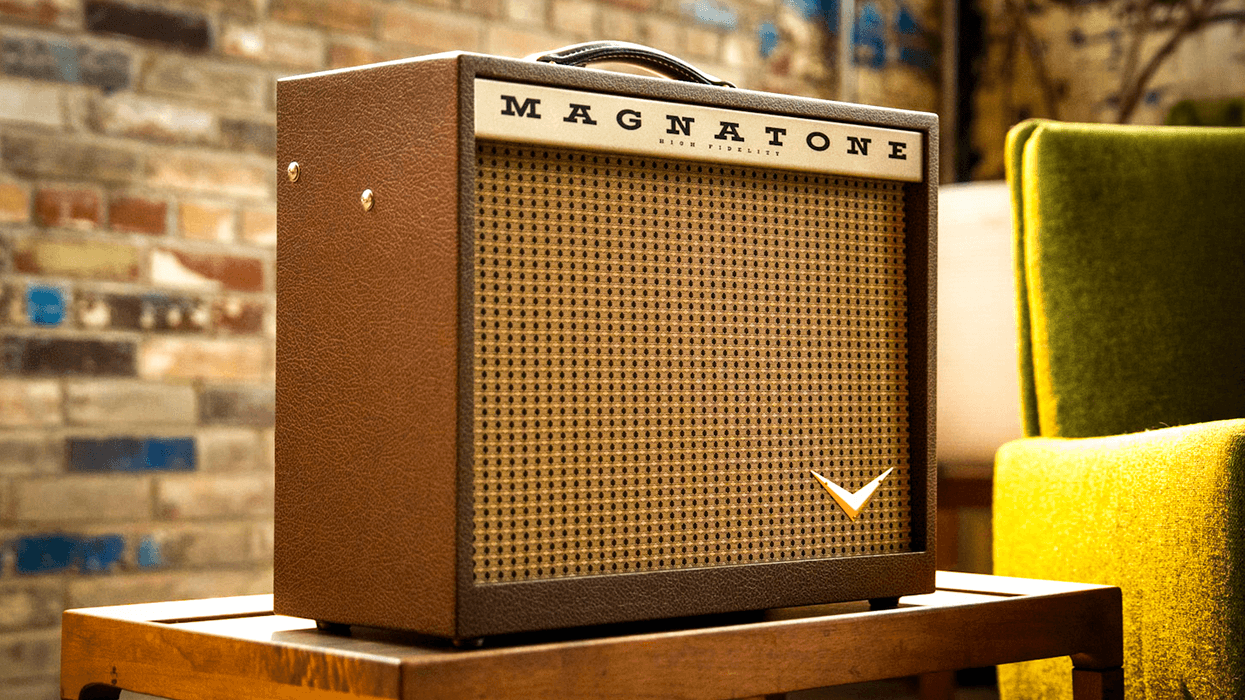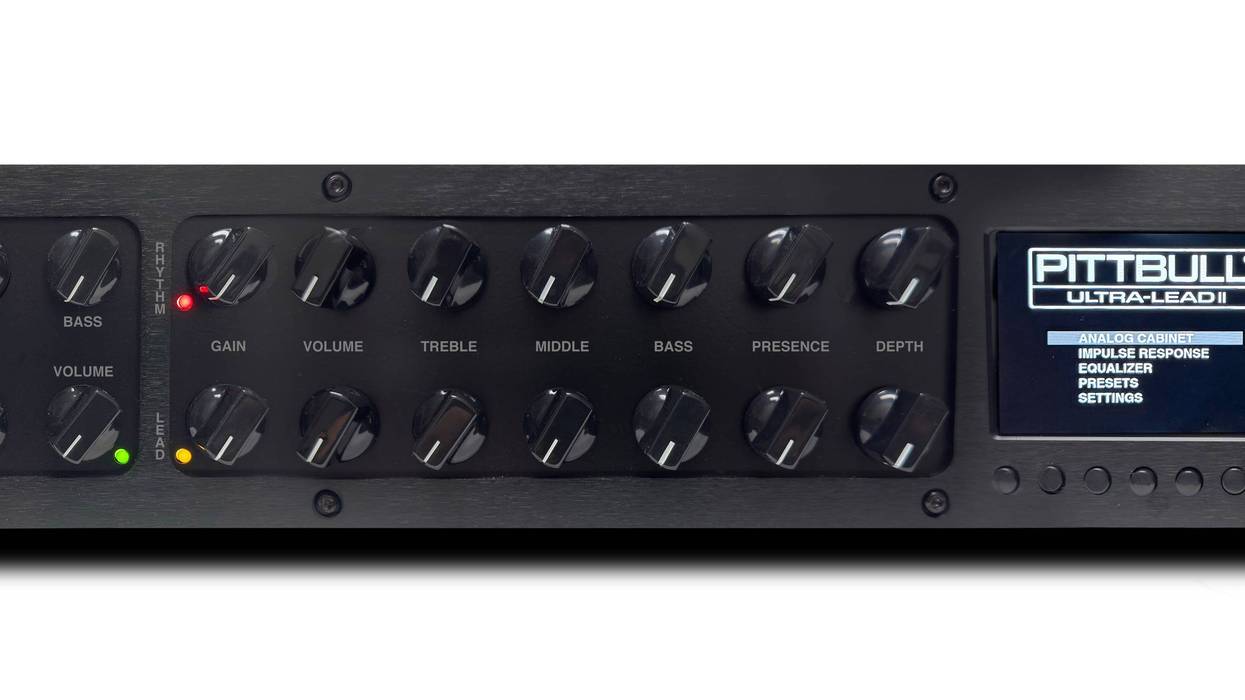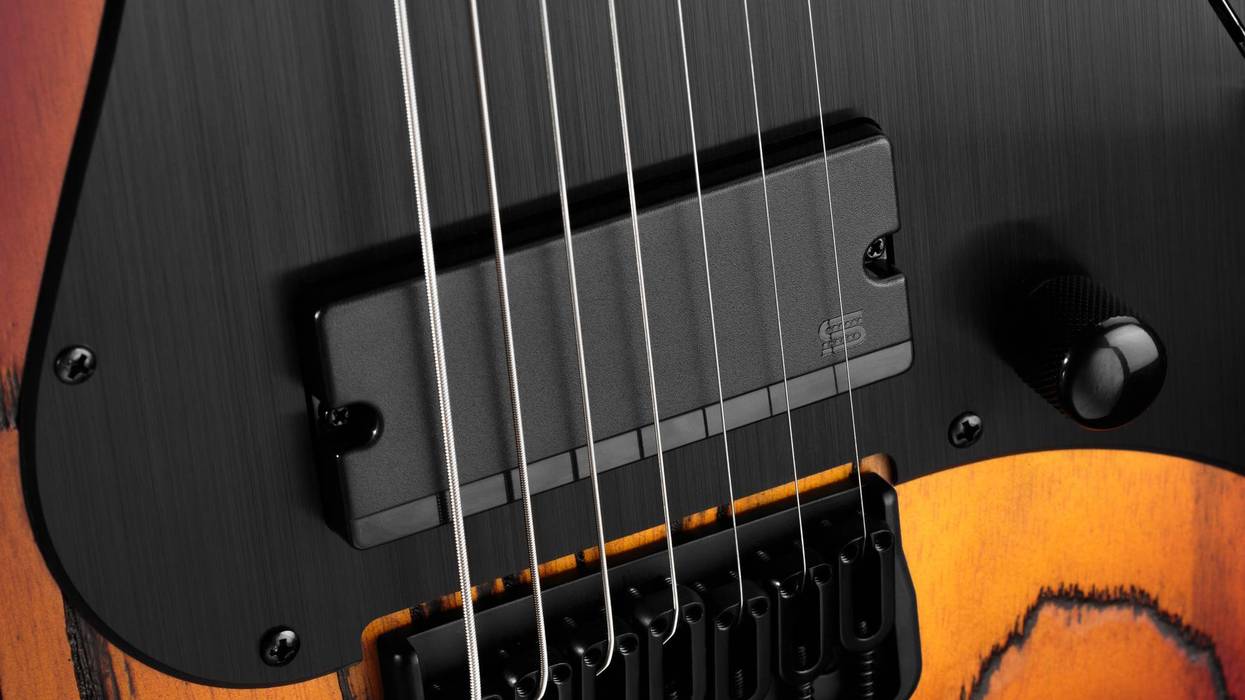Several years ago I interviewed blues guitarist Coco Montoya—a guy who, despite putting out nine solo albums full of soulful playing and honey-sweet vocals over the last 20 years, is still primarily known for his stint in John Mayall’s Bluesbreakers back in the ’80s.
Honestly, I had never really heard Montoya’s playing before that. I’d seen him in guitar mags here and there over the years, but I wasn’t really into the whole Clapton-related scene. But while the songs I listened to while preparing for our interview have long since faded from memory, a story Montoya related has stuck with me all these years later.
Montoya got his first big break in the mid 1970s, when he landed a gig as drummer for late Texas bluesman Albert “Ice Man” Collins. If you’re a fan of influential bluesmen, you know Collins as the “Master of the Telecaster”—a jovial, spirited performer known for his stinging licks, wicked vibrato, and preference for hanging his guitar over his right shoulder. If you’re not so much into the blues but are a fan of cheesy ’80s movies, you might remember him as the club musician who declares, “Nobody leaves this place without singin’ the blues,” to Elisabeth Shue and her pack of lost, bratty Chicago suburbanite kids in Adventures in Babysitting. It’s an Oscar-level flick, to be sure.
In the movie, Collins is nice enough to not mock Shue and her charges for their god-awful singing, but in real life he was even cooler: He became a true father figure to Montoya during their years playing together. In fact, Montoya credits Collins with helping him build the confidence to set out on his own and start a solo career.
In our interview, he recalled how Collins once asked B.B. King to offer him some words of encouragement on how to deal with feelings of inadequacy onstage: “My son’s having a little nerve problem,” Collins explained to the Mississippi bluesman. King responded, “Listen to what I’ve got to say: You go up there like you’re the baddest motherfucker on the stage—ain’t nobody better. But do yourself a favor: When you come down off the stage, leave that up there. It’ll always be there when you come back.”
“What he was telling me,” Montoya said, “was the magic of being a musician ... If you walk off the stage humble, you’ve just magnified what you played a hundred times. He said, ‘Don’t come off with a big ol’ chest. That don’t work for you. You’ll ruin all that work you did.’”
You don’t have to be a blues nut to see the wisdom in B.B.’s bluntness. His advice is applicable to every musician on the planet: When you’re onstage, kick your worries and insecurities to the curb and just do what you do. Don’t overthink it. Live in the music. Let it move you. Let your mind and soul and fingers and body thrill to the sounds you and your bandmates are creating. Deny entrance to your brain any thought that undermines that. Strut you shit and own it. Jack up the swagger factor and believe you and your mates are the baddest mofos playing the sort of music you play. Because when you believe it, you become it—and it’s a hell of a lot more fun that way, too.
But don’t forget the last part of Mr. King’s advice, either: Treat the entrance to the stage as a magical corridor to some surrealist, Murakami-style alternate reality where you’re a transcendental, elemental guitar badass—or treat it like it’s a portal to a comic-book superhero existence where music infuses you with mind-boggling powers despite your lack of a spandex super outfit. But when you walk back through that portal, you better damn well leave your badass mofo self back there to be a metaphysical roadie—because most of your life ain’t on that stage. And your friends, family, bandmates, and fans don’t want anything to do with an insufferable prick.
Over ’n’ out, mofos.




